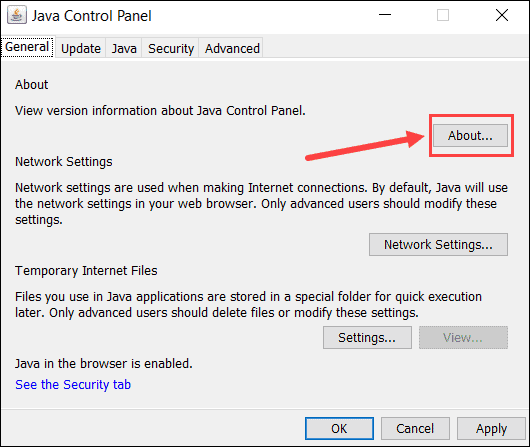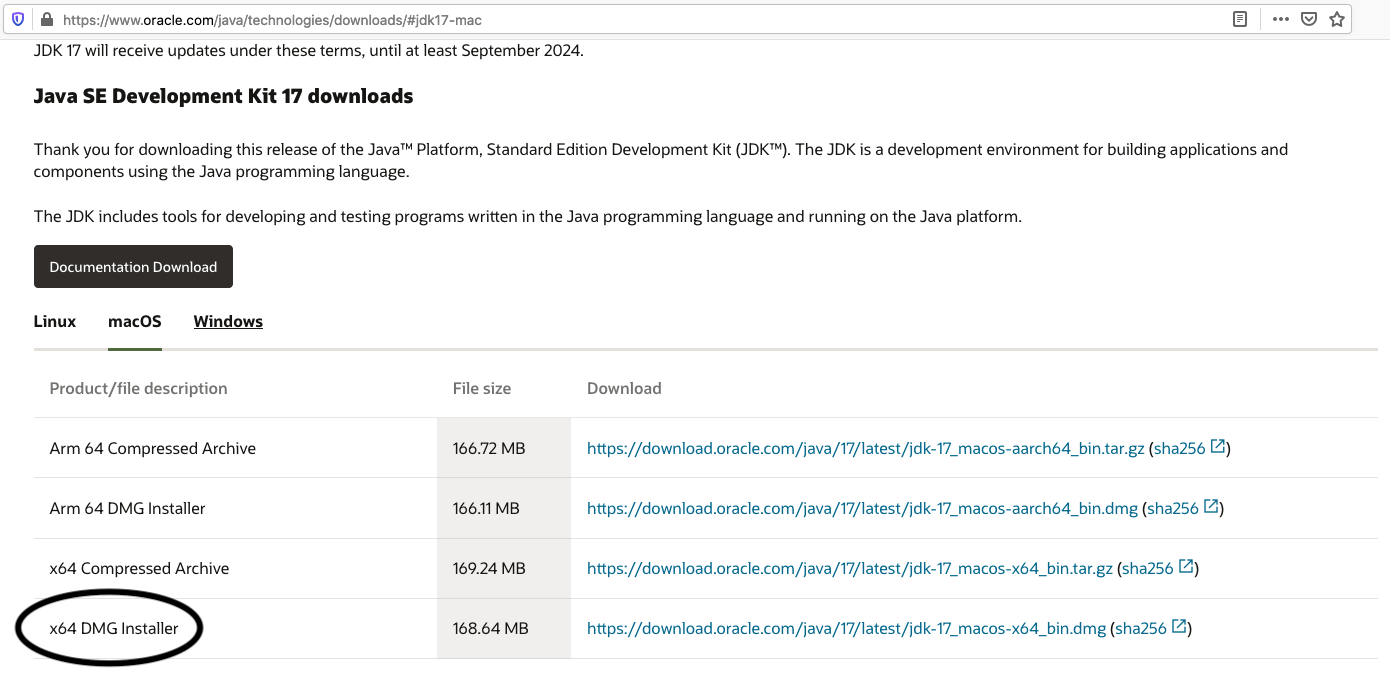

On Microsoft Windows, we can use dir /b /s javac.exe to find out where JDK is installed. We can also list all installed packages and filter for Java using the dpkg command: dpkg -l | grep -i openjdkĪnd below on RedHat/CentOS systems (obviously the java -version approach is still valid): rpm -qi openjdk In addition, we can use Linux apt package manager ( Debian/Ubuntu systems) to get info about installed Java: sudo apt list -installed | grep -i openjdk In the above example, the JDK is installed at /usr/lib/jvm/adoptopenjdk-11-hotspot-amd64/. $ cd /usr/lib/jvm/adoptopenjdk-11-hotspot-amd64/bin/ etc/alternatives/javac -> /usr/lib/jvm/adoptopenjdk-11-hotspot-amd64/bin/javac On Ubuntu or Linux system, we can use which javac to find out where JDK is installed: $ which javac

Multiple JDK and JRE versions are allowed on the same computer it is better to find out which version is configured in the system classpath to run or compile the Java program. The JDK and JRE versions can be different on the same computer. OpenJDK 64-Bit Server VM (build 25.252-b09, mixed mode) In the below example, the JRE version is 1.8.0_252: $ java -version Similarly, we can use java -version to find out the version of the installed JRE. In the below example, the JDK version is 11.0.7: $ javac -version Check JDK VersionĪ common way to check JDK version is by using the following simple command to find out the version of the installed JDK. class to machine code, and execute it, in short, the JRE runs Java program. The Java development kit (JDK) contains tools for Java development, and the Java Runtime Environment (JRE) contains a JVM to convert byte code.
Find jdk on mac install#
However, developers often request to install the JDK, instead of the standalone JRE on the production server, because the JDK contains JRE and also extra tools to monitor and debug the running Java program. For the production environment, the deployment team only need to install JRE to run the Java program.
Find jdk on mac how to#
The following steps show you how to install a non-notarized JDK or JRE.

Find jdk on mac software#
If you want to install and test earlier versions of the JDK or JRE on macOS 10.15, this document explains some expect warnings and how to proceed.Īs of the time when this article was written you can still install and run non-notarized software on macOS 10.15 systems by modifying your security preferences. JDK 14 is the first release that complies with the new macOS 10.15 hardening and notarization requirements. See Notarizing Your App Before Distribution. When you install or run software for the first time, Gatekeeper verifies that the software has been notarized. With macOS 10.15, Apple introduced new application security checks, which are used by Gatekeeper to verify the contents of distributed software.


 0 kommentar(er)
0 kommentar(er)
